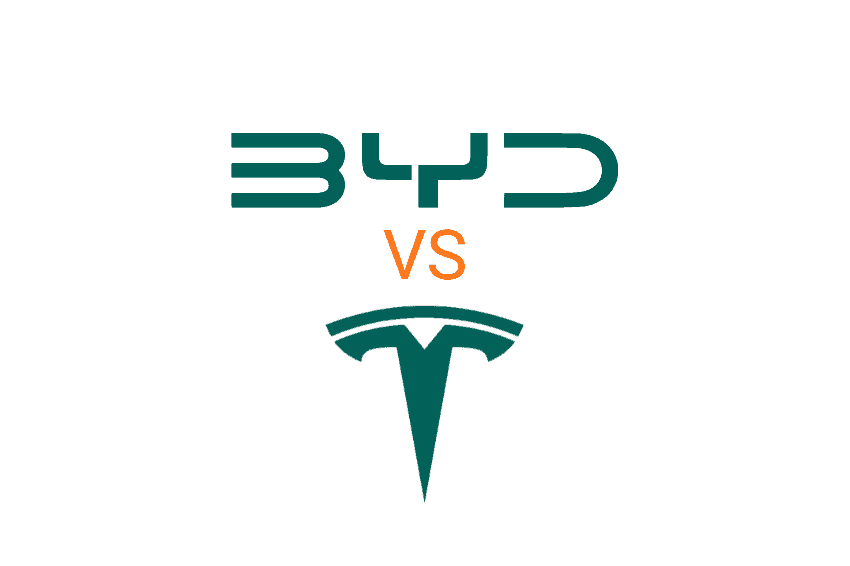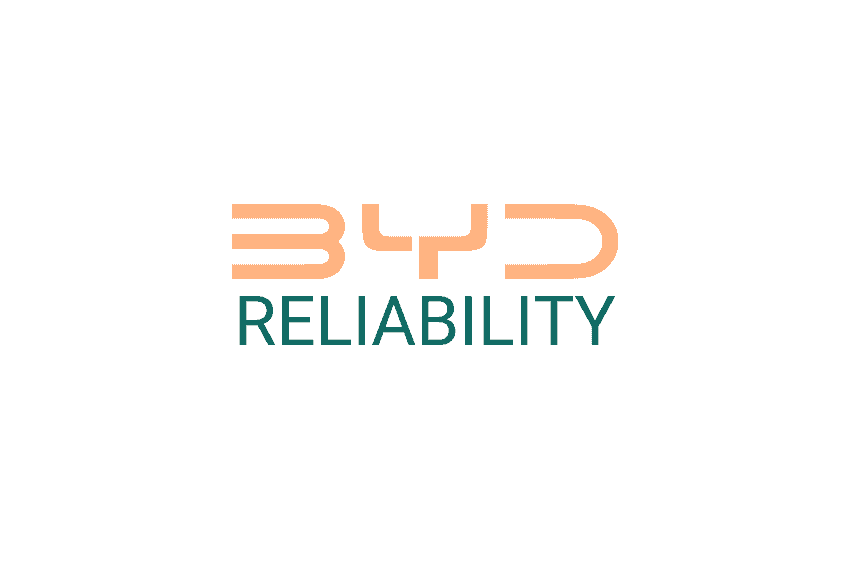
Watch Hyundai Kona Review What is the design like?...

History of BYD Seal

How is the Mazda 2 to drive?

Peugeot 508 review: A Brief Journey Through History ...

Honda ZR-V Background

Can you buy a BYD electric car in the UK?

How safe are BYD cars?

What is the difference between BYD vs Tesla?

What does BYD stand for?

Who are BYD? W...

Watch BYD ATTO 3 Review

Watch the Suzuki Swace review

